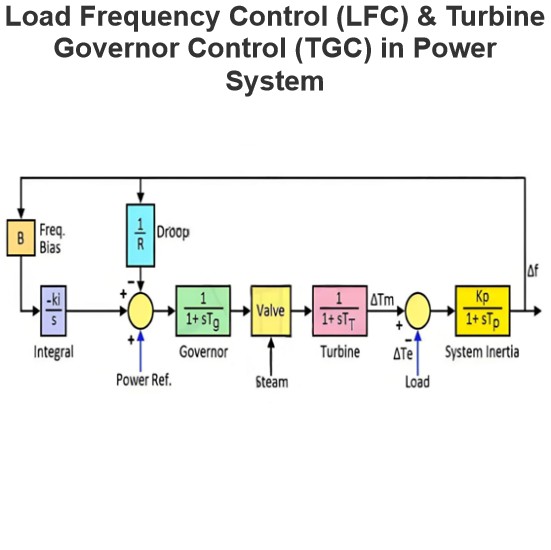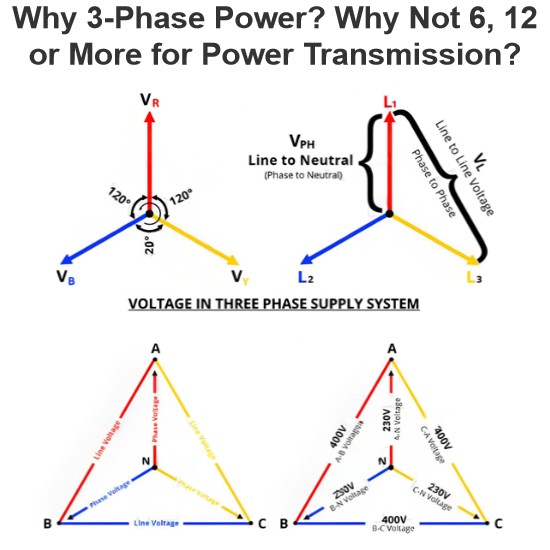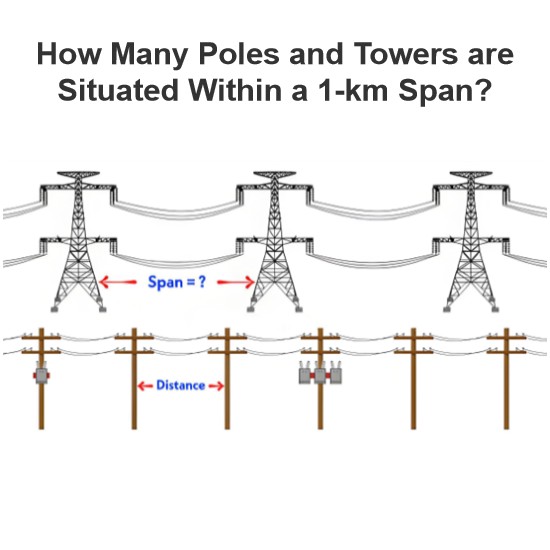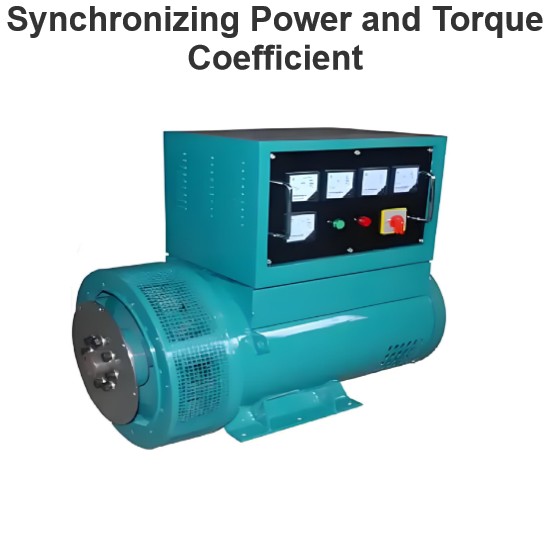Is aluminium foil a suitable material for use as a grounding rod in lightning protection systems?
Aluminum foils not suitable for use as an earthing rod in a lightning protection system. The earthing rod in a lightning protection system needs to have good conductivity, sufficient mechanical strength, and corrosion resistance, all of which aluminum foil does not meet. Below is a detailed explanation:
Conductivity
Thickness of Aluminum Foil : Aluminum foil is typically very thin (usually only a few micrometers thick), and its cross-sectional area is too small to effectively conduct lightning currents. In contrast, commonly used earthing rods (such as copper rods or galvanized iron rods) have larger cross-sectional areas that can quickly direct lightning currents into the ground.
Material Properties: Although aluminum itself is a good conductor, aluminum foil, due to its thinness, has far inferior conductivity compared to dedicated grounding materials.
Mechanical Strength
Fragility: Aluminum foil is very fragile and can easily tear or deform. During the installation of an earthing rod, it needs to be driven into the soil, which applies significant mechanical stress. Aluminum foil clearly cannot withstand such forces.
Compression Resistance : An earthing rod in the ground must withstand pressure from the soil. Aluminum foil cannot provide adequate compression resistance.
Corrosion Resistance
Corrosion Issues: Although aluminum has some corrosion resistance, aluminum foil will still corrode over time when exposed to natural environments, especially in moist soil. This would lead to a decrease in its conductivity and ultimately affect its function as an earthing rod.
Requirements for Earthing Rods: Ideal earthing rods need to maintain good conductivity over long periods, and aluminum foil is inadequate for this purpose.
Suitable Materials
Earthing rods in lightning protection systems typically use the following materials:
1. Copper Rods
Conductivity: Copper has excellent conductivity.
Corrosion Resistance: Copper has good corrosion resistance in soil.
2. Galvanized Iron Rods
Cost-Effectiveness: Compared to pure copper, galvanized iron rods are less expensive.
Mechanical Strength: Iron rods have good mechanical strength and can withstand the stresses during installation.
Corrosion Resistance: The galvanized coating provides additional corrosion protection.
3. Stainless Steel Rods
Corrosion Resistance: Stainless steel has excellent corrosion resistance.
Mechanical Strength: Stainless steel rods also have high mechanical strength.
Recommended Practices
To ensure the effectiveness of a lightning protection system, specialized materials designed for this purpose should be used as earthing rods. When selecting earthing rods, consider the following factors:
Conductivity: Ensure the selected material has good conductivity.
Mechanical Strength: Earthing rods need to withstand mechanical stresses during installation and use.
Corrosion Resistance: Earthing rods need to maintain their conductivity over long periods without being affected by corrosion.
Summary
Aluminum foil is not suitable for use as an earthing rod in a lightning protection system because it lacks the necessary conductivity, mechanical strength, and corrosion resistance. To ensure the effectiveness and reliability of a lightning protection system, materials such as copper rods, galvanized iron rods, or stainless steel rods should be used as earthing rods.
If you have any further questions or need more information, please let me know!
The Electricity Encyclopedia is dedicated to accelerating the dissemination and application of electricity knowledge and adding impetus to the development and innovation of the electricity industry.













